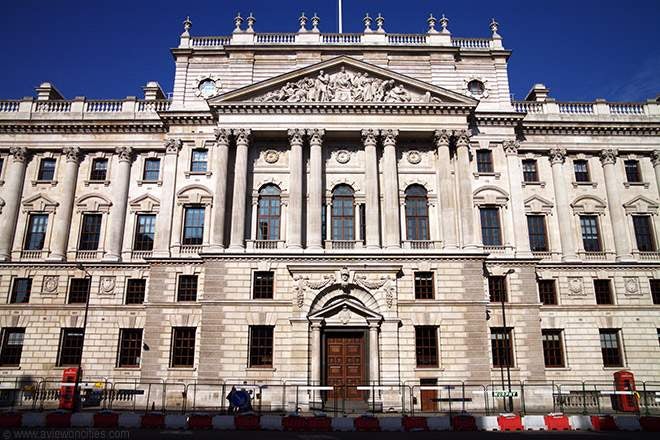
Reform of the non-dom tax regime sees a worrying extension of deemed domicile status and the shrinking of excluded property, writes Sarah Nettleship
Following a period of uncertainty due to the general election, HMRC has now confirmed that the proposed changes to non-dom status will go ahead as planned and will apply retrospectively from 6 April 2017.
Previously, individuals who considered their permanent home to be outside the UK, known as non-doms, enjoyed a number of tax advantages, and non-doms faced UK inheritance tax on their UK assets only. Other worldwide assets were defined as ‘excluded property’ and were not caught by the inheritance tax net unless the individual was ‘deemed domiciled’. A certain peace reigned – albeit one that has been slowly coming under attack for some time.
True, there were other requirements. Non-doms who were UK-resident faced income tax and capital gains tax (CGT) on their UK income and gains. But even then they could pay an annual charge – known as the remittance basis charge – indefinitely to avoid UK tax on the overseas income and gains that they did not bring into the UK.
But now a serpent has crept into this non-dom Eden. The concept of deemed domicile had previously only been of consideration for IHT. Prior to 6 April, a non-dom became deemed domiciled for IHT if they had been tax resident in the UK for 17 of the last 20 tax years. The concept has now been extended to cover income tax and CGT as well as IHT. Post-April 6, individuals are deemed domiciled for CGT and income tax if they are UK resident for the relevant tax year and were born in the UK with a UK domicile of origin, or if they are UK-resident for the relevant tax year and have been UK resident for at least 15 of the last 20 tax years preceding the relevant tax year, including years as a child.
Individuals will now be deemed domiciled for IHT if they were born in the UK with a UK domicile of origin, are UK resident for the relevant tax year and were UK resident for at least one of the two tax years immediately preceding the relevant tax year (such individuals to be known as ‘formerly domiciled residents’), or if they have been UK resident for at least 15 of the last 20 tax years preceding the relevant tax year, including years as a child, and at least one of the four tax years ending with the relevant tax year. That’s a more stringent test than we’ve seen before for IHT and an entirely new concept altogether for income tax and CGT.
And it doesn’t stop there. In the matter of ‘excluded property’ there has been more stringency and crackdown. Previously, the umbrella ‘excluded property’ included any property situated outside the UK which was owned beneficially by a non-dom. But that’s no longer the case as a result of these reforms, with interests in close companies or partnerships now brought into the IHT net if the value of those interests is attributable to UK residential property.
So what does it all mean for the non-dom? Well, deemed-domiciled individuals will now be unable to use the remittance basis for their worldwide income and gains while they are resident in the UK. Furthermore, the amount of time that a non-dom can remain resident in the UK before becoming subject to IHT on their worldwide estate has been reduced. Formerly domiciled residents will receive a short grace period for IHT when they return to the UK but there is no such equivalent for income tax and CGT.
The changes also carry tax consequences for individuals who established non-resident trusts while non-UK domiciled. Such settlors should seek advice before taking any action in relation to the trusts. Those who will become formerly domiciled residents on their return to the UK should seek advice before returning and keep the trustees aware of their residence status.
And the excluded property changes? These will impact all non-doms who have indirectly invested in UK property, whether resident or non-resident. Those affected should seek legal advice as soon as possible.
The UK government expects to raise significant amounts of revenue from this package of reforms. The long term effects on the attractiveness of the UK for wealthy individuals, and the subsequent loss to tax revenue that this may produce, remains to be seen.
Sarah Nettleship is a solicitor in the Private Client team at Thomson Snell & Passmore
Recently
Revenue vs Rangers FC: what we know so far






